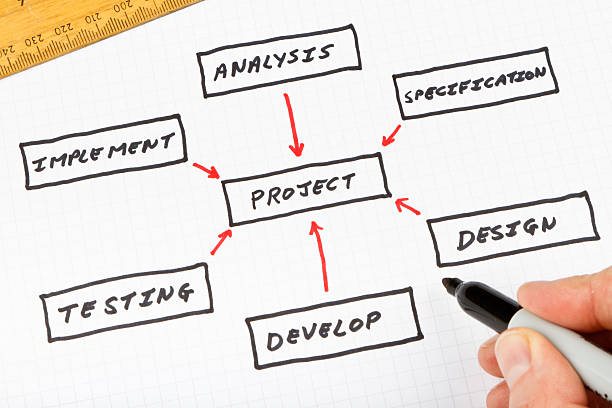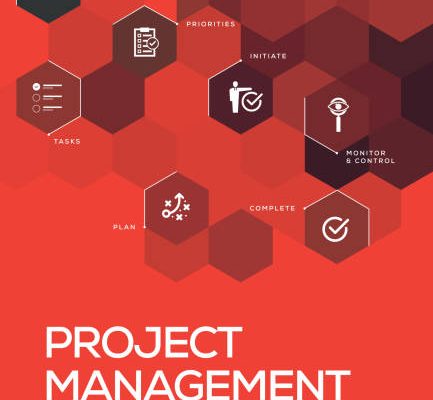In today’s fast-paced business environment, project management has become more complex than ever. With multiple teams, tight deadlines, and intricate tasks, it’s crucial to have the right tools at your disposal to streamline the workflow and ensure project success. This is where project management tools come into play. In this article, we will explore the significance of project management tools and how they can enhance your productivity, collaboration, and overall project outcomes.
Why Use Project Management Tools?
Simplifying Task Management
One of the primary advantages of Project management tools is their ability to simplify task management. These tools provide a centralized platform where project managers can create, assign, and track tasks. By having a clear overview of all tasks and their deadlines, teams can stay organized, prioritize effectively, and avoid missing important milestones. Furthermore, project management tools often offer features such as task dependencies, recurring tasks, and task templates, which further streamline the process.
Enhancing Collaboration
Effective collaboration is vital for project success, especially when dealing with remote teams or stakeholders located in different time zones. Project management tools provide a collaborative workspace where team members can communicate, share files, and provide updates in real-time. This eliminates the need for lengthy email threads and enhances transparency within the team. Additionally, some tools offer integration with popular communication platforms, such as Slack or Microsoft Teams, further optimizing collaboration and ensuring seamless information exchange.
Improving Time and Resource Management
Project management tools enable project managers to allocate resources efficiently and manage timelines effectively. These tools provide features like Gantt charts, resource allocation dashboards, and time-tracking capabilities. By visualizing project timelines, managers can identify potential bottlenecks, allocate resources appropriately, and make informed decisions to keep projects on track. With accurate time-tracking, they can also monitor team productivity, identify areas for improvement, and optimize resource allocation for future projects.
Tracking Progress and Reporting
Maintaining visibility into project progress is crucial for stakeholders, clients, and team members. Project management tools offer robust reporting and progress tracking features, allowing project managers to generate real-time reports on various metrics, such as task completion, resource utilization, and overall project status. These reports provide valuable insights into project performance, helping stakeholders make informed decisions and adjust strategies accordingly. Furthermore, automated reporting saves time and effort, eliminating the need for manual data gathering and analysis.
Conclusion
Project management tools have become essential assets for businesses of all sizes and industries. They empower project managers to streamline workflows, enhance collaboration, and improve overall project outcomes. By simplifying task management, facilitating collaboration, optimizing time and resource allocation, and providing comprehensive progress tracking, these tools contribute significantly to project success. If you want to stay ahead in today’s competitive landscape, investing in a reliable project management tool is a wise decision that can transform the way you manage projects and achieve your goals efficiently.

Project management tools












Comments